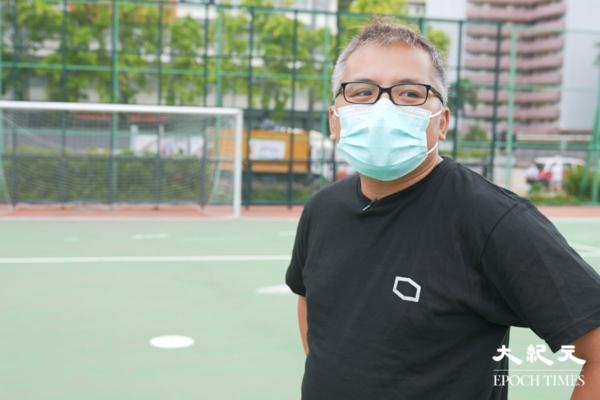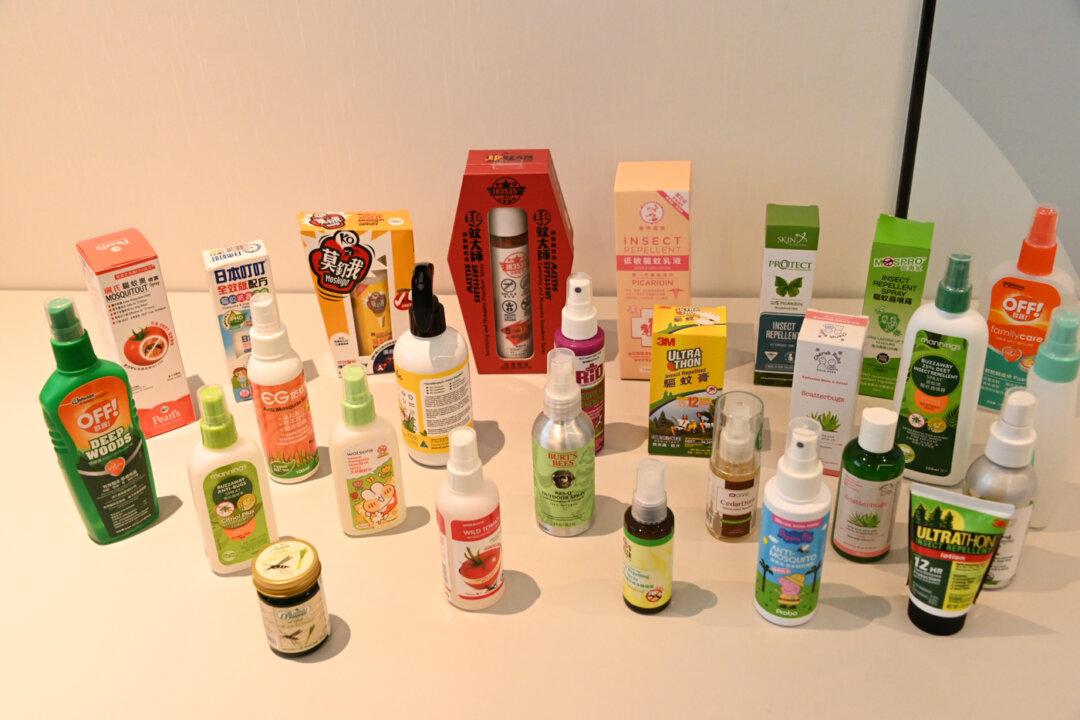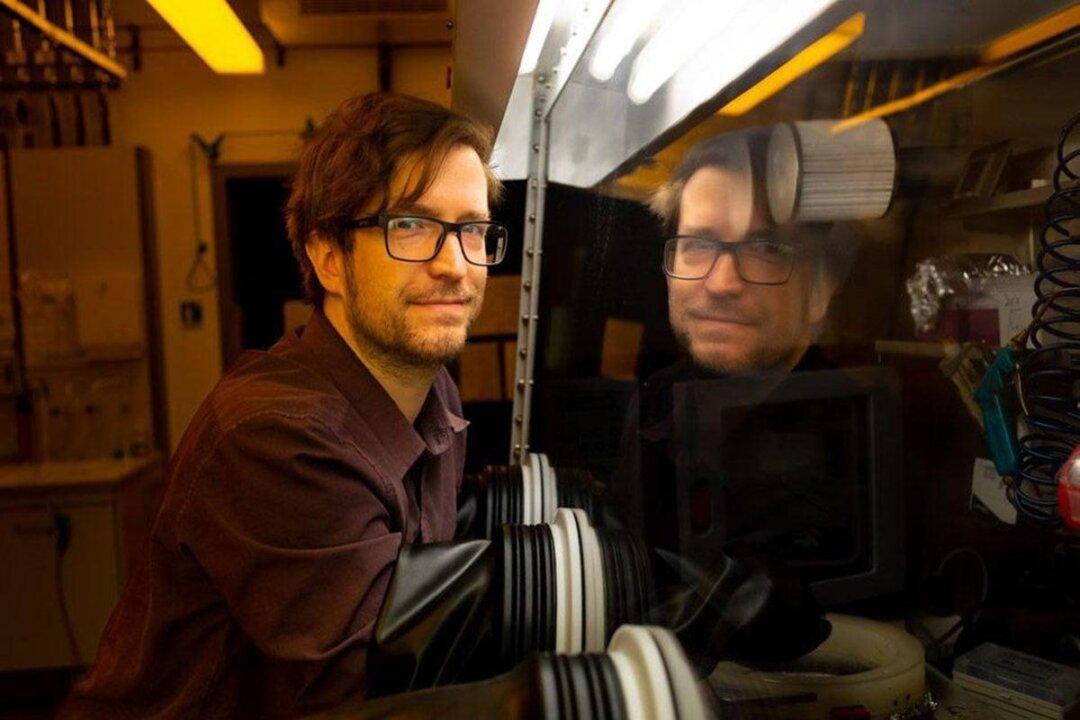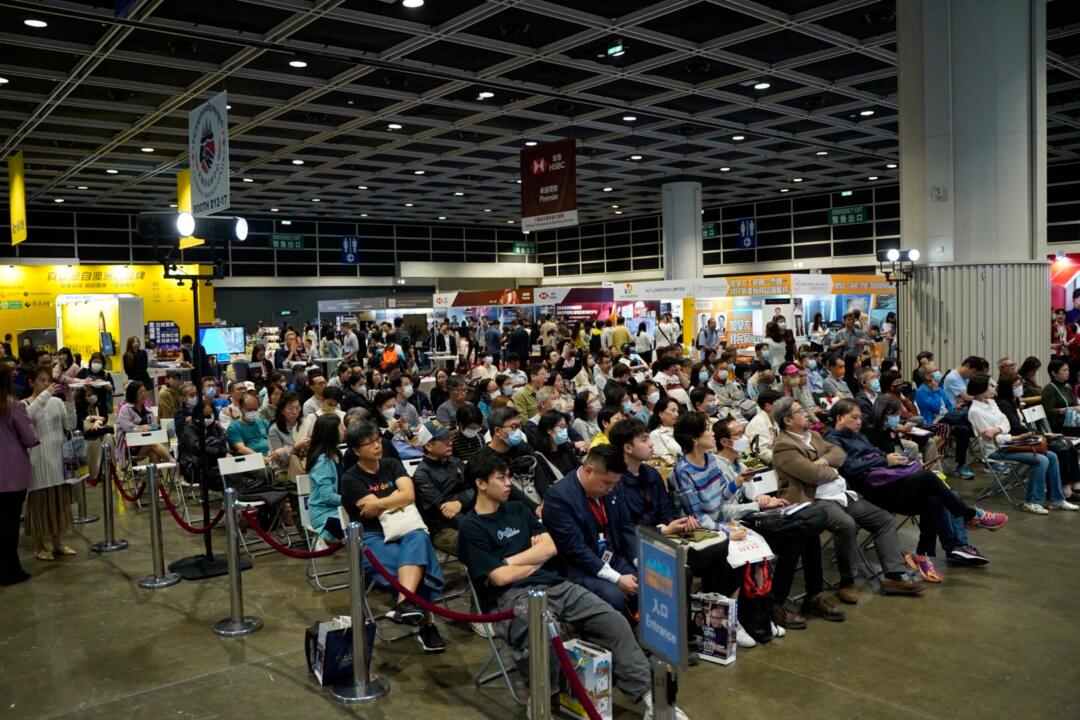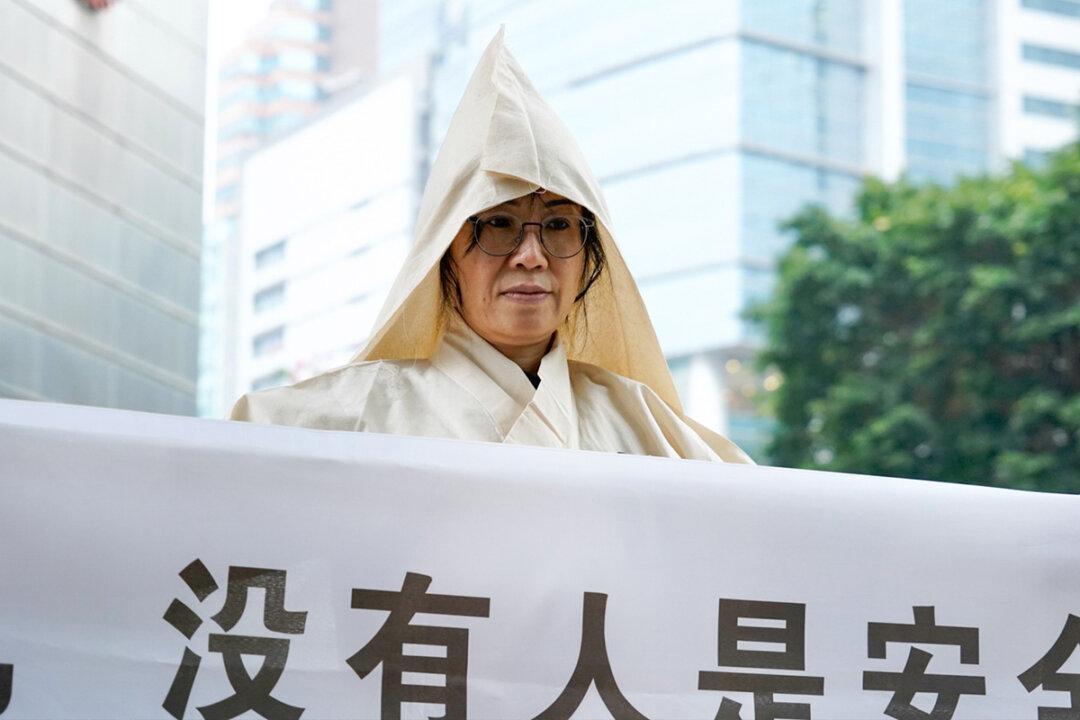Ronson Chan Ron-sing is a household name. Whether covering the 2019 Hong Kong protests by freedom-seeking Hongkongers, conducting sports field interviews, hosting online broadcasts, or amidst the stormy defense of journalists’ rights, he has been a familiar figure all over Hong Kong.
Just coming to the end of his three-year tenure as chairman of the Hong Kong Journalists Association (HKJA), Mr. Chan described his departure as an “honorable withdrawal” for the association’s future.
